Atabey Lab. on Cancer Biology and Signaling
Overview
Atabey Lab. has been working in the field of Cancer Biology and Signaling. The scientific goal of our group is to fill the gaps in the fundamental biological mechanisms underlying the development and progression of cancer. Over the past two decades, our group has been working on to develop deeper understanding the role of signal transduction cascade in cancer development and progression and using this molecular knowledge to improve the diagnosis and treatment of cancer.
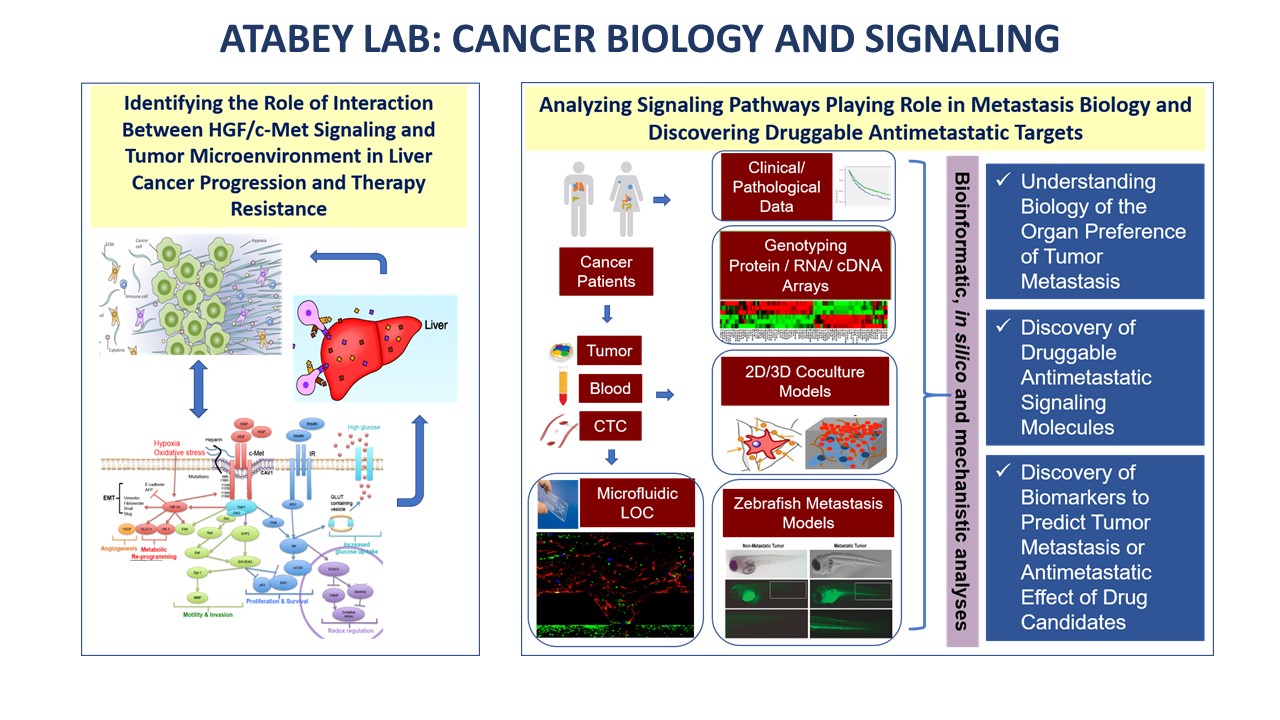
Specific Goals
1) Identification of the potential reciprocal crosstalk between c-Met receptor and other signaling molecules and their cooperative interaction in drug resistance in HCC
2) Investigating HGF/c-Met axis in tumor microenvironment and metastasis formation in the liver
3) Identification of the potential reciprocal crosstalk between HGF/c-Met signaling and glucose metabolism in HCC using various in vitro and in vivo models and further use this knowledge for developing strategies to prevent HCC
4) Identification of the roles of non-coding RNAs in the regulation of c-Met signaling in HCC
5) Deciphering signaling pathways in clinical samples for precision medicine using omics technologies
6) The use of omics data obtaining by our group and by the literature to investigate signaling mechanisms in metastasis and cancer by using in silico methods
7) Fabrication and validation of Lab-on-a-chip (LOC) system to predict metastatic and invasive ability to circulating tumor cells
8) Application of LOC in the early stage of anti-metastatic drug discovery focusing on gene expressions, receptor signaling and susceptibility
Our Team
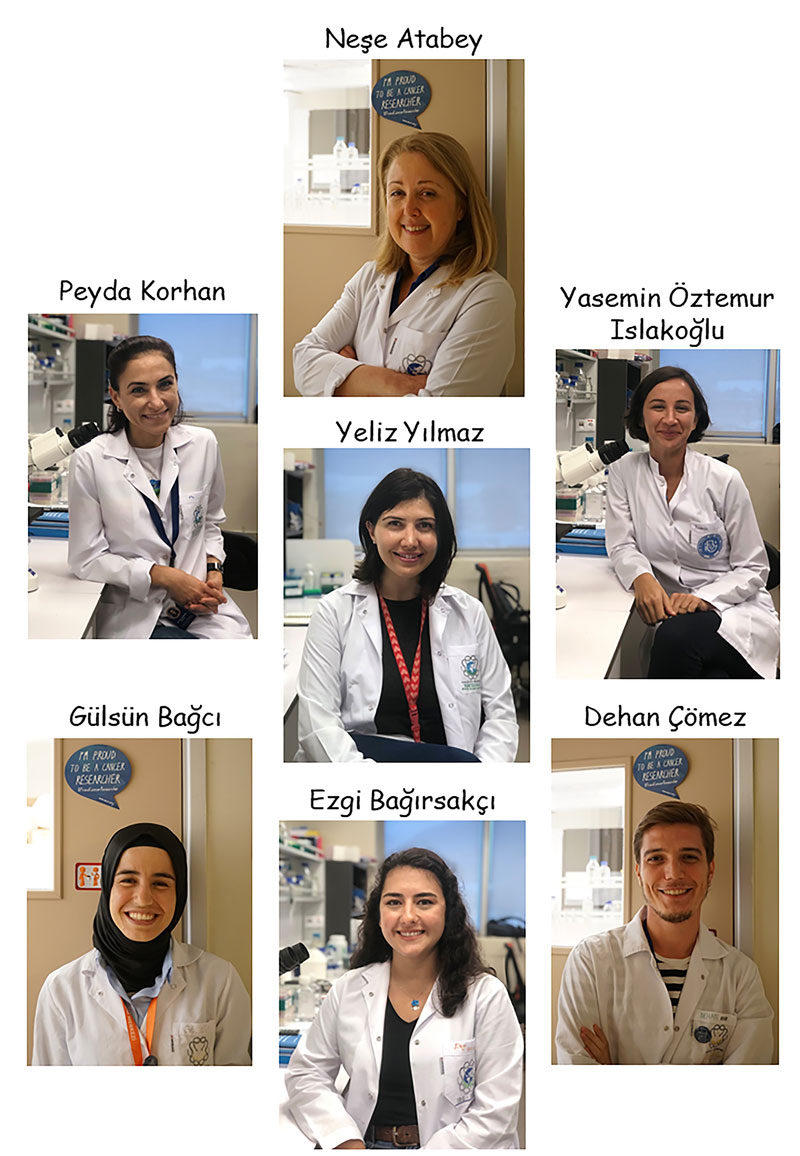
Peyda Korhan, Research Associate
BSc (1998-2002); Thrace University, Biology
MSc (2003-2005); University of Wolverhampton UK, Biomedical Science
PhD (2007- 2014); Dokuz Eylül University, Medical Biology and Genetics
Afsoon Sadeghi Azadi, Post-Doctoral Researcher
BSc (2010); Ferdowsi University, Cell and Molecular Biology
MSc (2012); Uppsala University, Cell and Molecular Biology
PhD (2018); University of Exeter, Cell and Molecular Biology
Yasemin Öztemur Islakoğlu, Post-Doctoral Researcher
BSc (2007-2011); Hacettepe University, Biology
MSc (2011-2013); Ankara University Biotechnology Institute, Basic Biotechnology
PhD (2014-2018); Ankara University Biotechnology Institute, Basic Biotechnology
Yeliz Yılmaz, PhD Candidate
BSc (2004-2008); Boğaziçi University, Molecular Biology and Genetics
MSc (2008-2011); Boğaziçi University, Molecular Biology and Genetics
Ezgi Bağırsakçı, PhD Candidate
BSc (2009 – 2014); İhsan Doğramacı Bilkent University, Molecular Biology and Genetics
MSc (2015-2017); Dokuz Eylül University, Medical Biology and Genetics
Dehan Çömez, PhD Candidate
BSc (2010-2014); İstanbul University, Molecular Biology and Genetics
MSc (2016-2019); Dokuz Eylül University, Izmir International Biomedicine and Genome Institute, Molecular Biology and Genetics
Gülsün Bağcı, PhD Candidate
BSc (2012-2016); Izmir Institute of Technology (IZTECH), Molecular Biology and Genetics
MSc (2016-2019); Dokuz Eylül University, Izmir International Biomedicine and Genome Institute, Molecular Biology and Genetics
Alumni
Ayşim Güneş, PhD
Thesis: The Role of Signaling Pathways Associated with Oxidative Stress in the Progression of Hepatocellular Carcinoma
Current Position: Post-Doctoral Researcher, Montreal Clinical Research Institute (IRCM), McGill University
Erkan Kahraman, PhD
Thesis: Investigation of the Role of Sestrin 2 in Progression of Hepatocellular Carcinoma
Current Position: Assistant Professor, Atatürk Health Care Vocational School, Ege University
Hande Topel, PhD
Thesis: Investigation of the Relationship of c-Met Signalization and lncRNA HOTAIR in Epithelial-to-Mesenchymal
Transition Process of Hepatocellular Carcinoma
Current Position: Post-Doctoral Researcher, University of Southern Denmark (SDU)
Group Members

Atabey Lab. on Cancer Biology and Signaling
Research Group Leader
Neşe ATABEY
nese.atabey@ibg.edu.tr
+90 232 299 41 00
(5221)
+9
0232 299 41 72
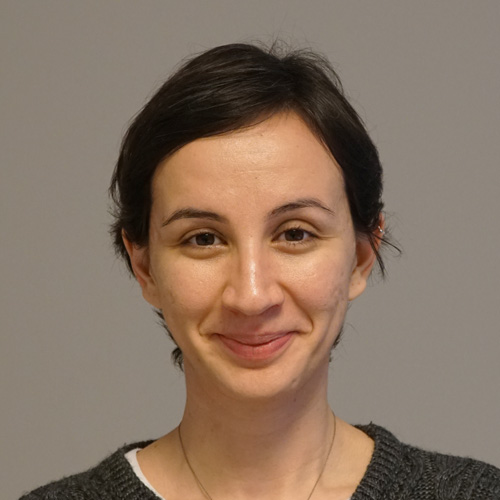
Yasemin ÖZTEMUR ISLAKOĞLU
Post-Doc Researcher
yasemin.oztemur@ibg.edu.tr
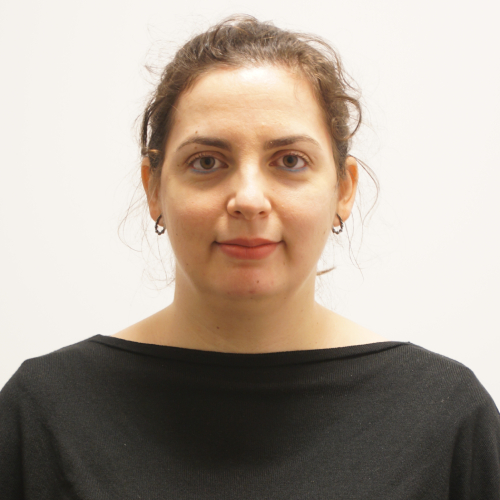
Bahriye KARAKAŞ KÖSE
Visiting Researcher
bahriye.karakas@ibg.edu.tr
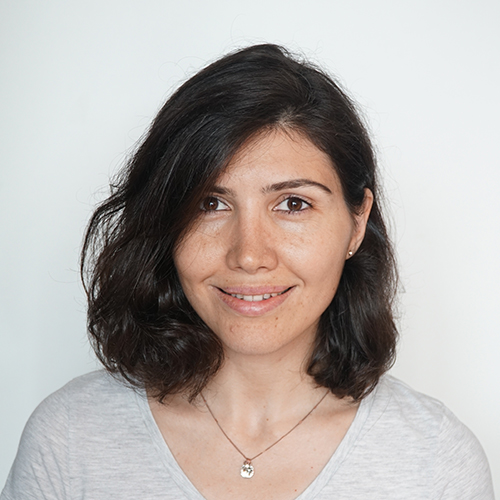
Yeliz YILMAZ
Post-Doc Researcher
yeliz.yilmaz@ibg.edu.tr
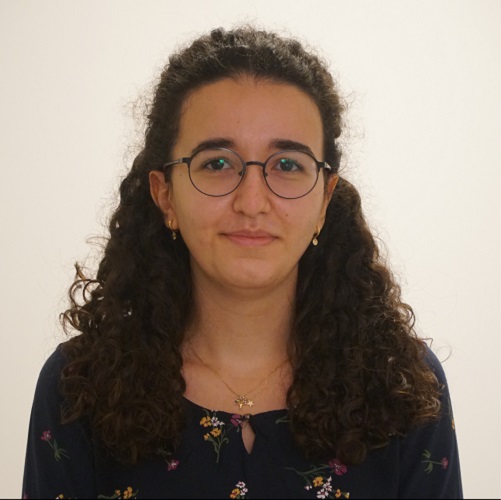
Işıl KILIÇGÜN
MSc Student
isil.kilicgun@ibg.edu.tr
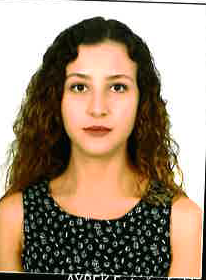
Tutku GÜLER
MSc Student
tutku.guler@ibg.edu.tr
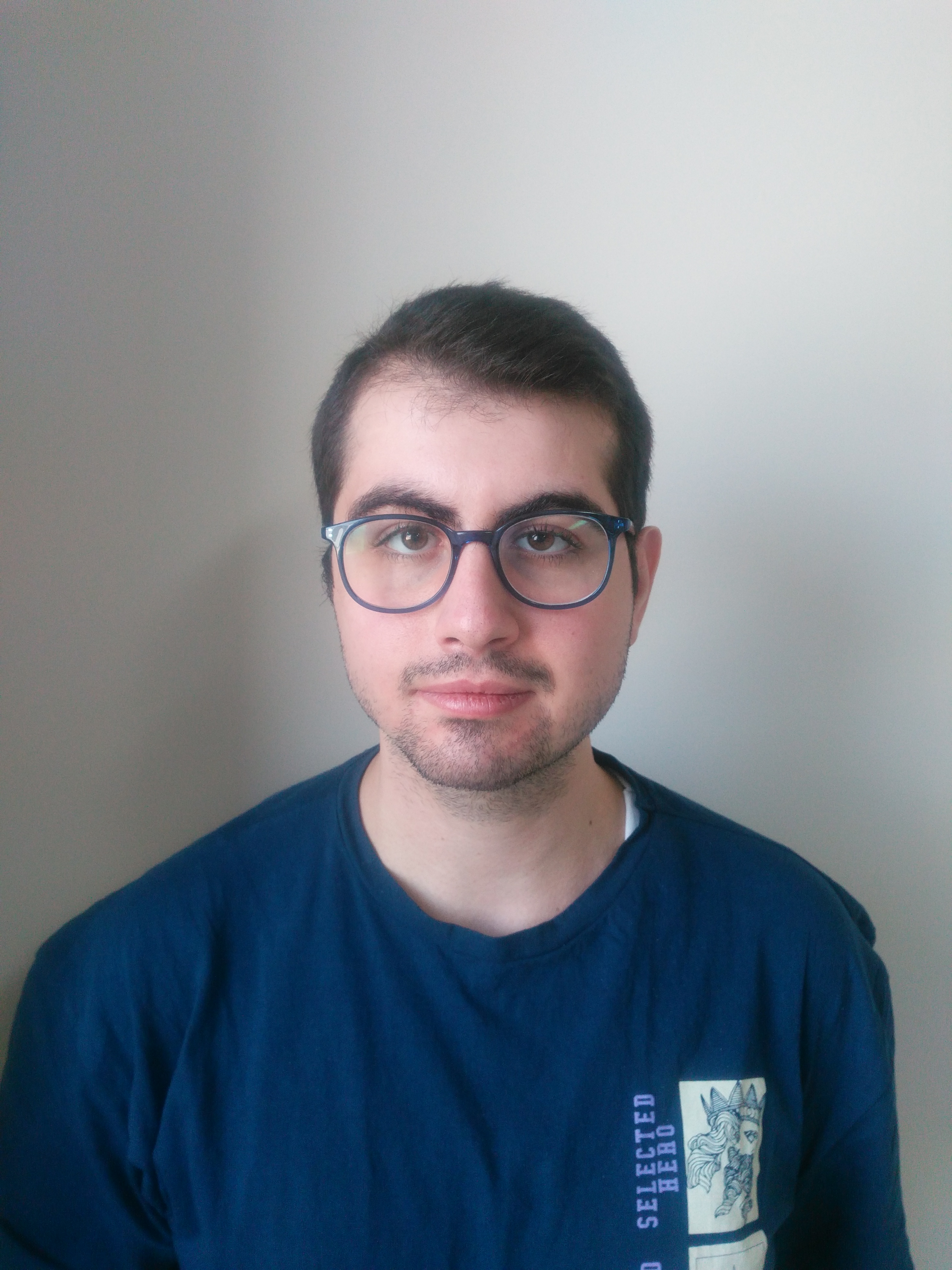
Barış KELEŞ
MSc Student
baris.keles@ibg.edu.tr
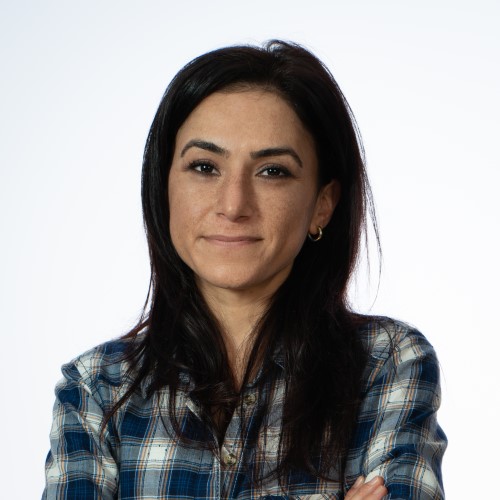
Peyda KORHAN
Visiting Researcher
peyda.korhan@ibg.edu.tr
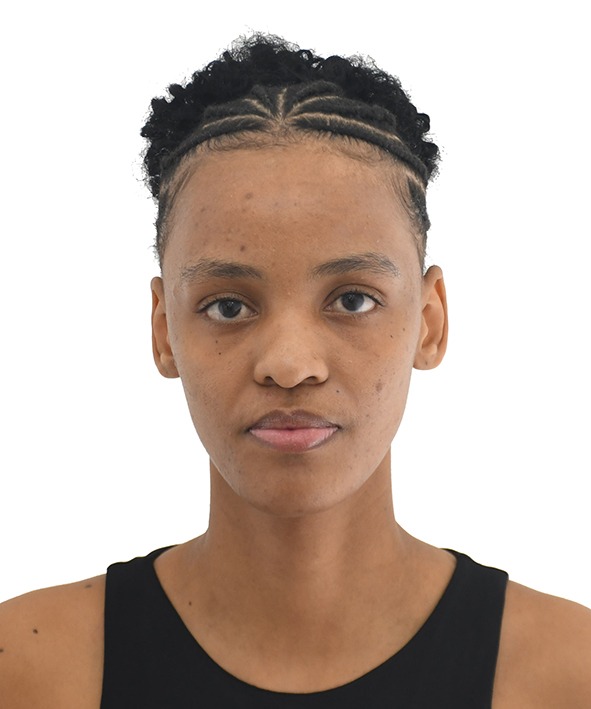
Rachel Helena JANTJIES
MSc Student
rachelhelana.jantjies@std.ibg.edu.tr
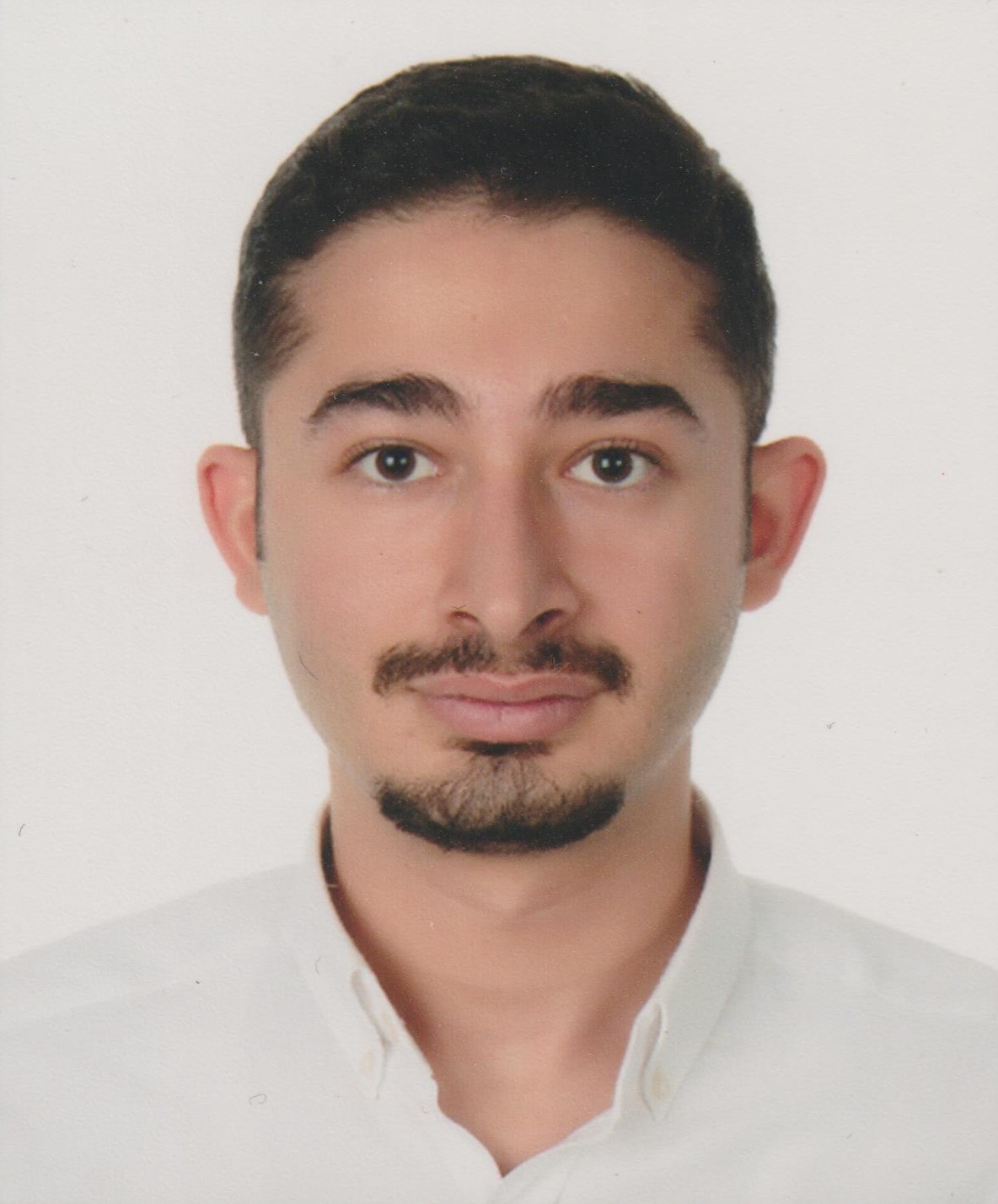
Bilalcan KAYA
Undergraduate Student
bilalcan.kaya@std.ibg.edu.tr
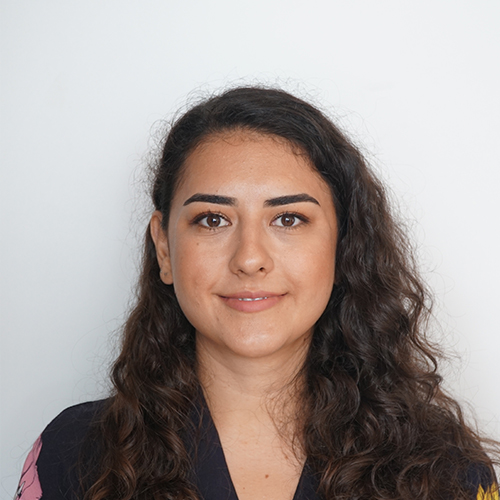
Ezgi BAĞIRSAKÇI TEPE
Post-Doc Researcher
ezgi.bagirsakci@ibg.edu.tr
Former Members
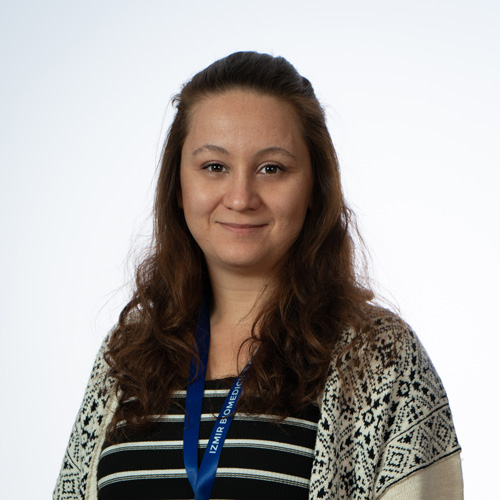
Hande TOPEL
Research Assistant
hande.topel@ibg.edu.tr

Yeliz YILMAZ
Research Assistant
yeliz.yilmaz@ibg.edu.tr

Yeliz YILMAZ
Research Assistant
yeliz.yilmaz@ibg.edu.tr
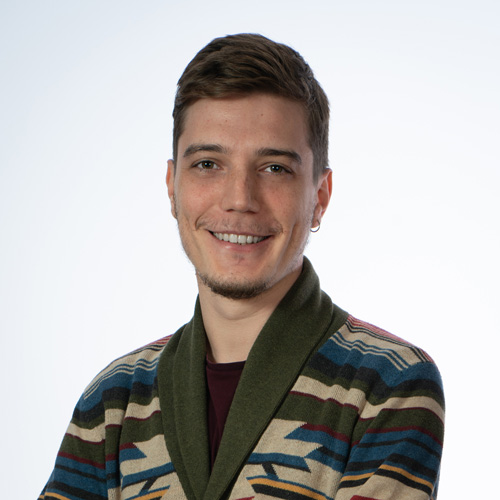
Dehan ÇÖMEZ
PhD Student
dehan.comez@msfr.ibg.edu.tr
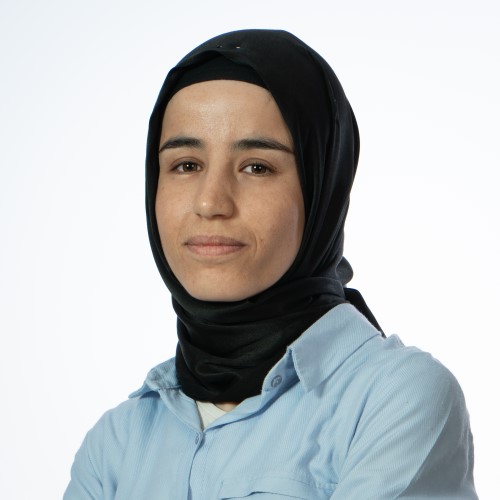
Gülsün BAĞCI
PhD Student
gulsun.bagci@ibg.edu.tr

Peyda KORHAN
Researcher
peyda.korhan@ibg.edu.tr
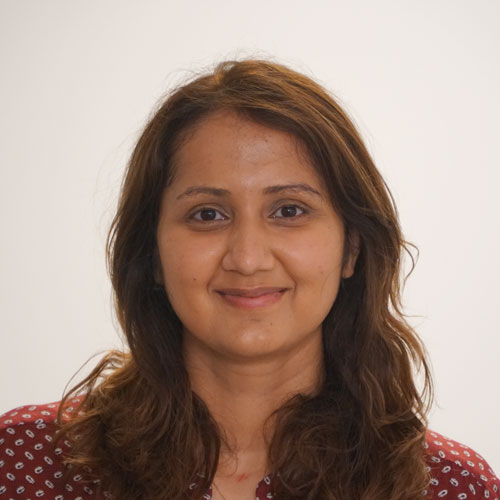
Afsoon Sadeghi AZADI
Post-Doc Researcher
afsoon.azadi@msfr.ibg.edu.tr
+90 232 299 41
00
(-)

Yeliz YILMAZ
Post-Doc Researcher
yeliz.yilmaz@ibg.edu.tr
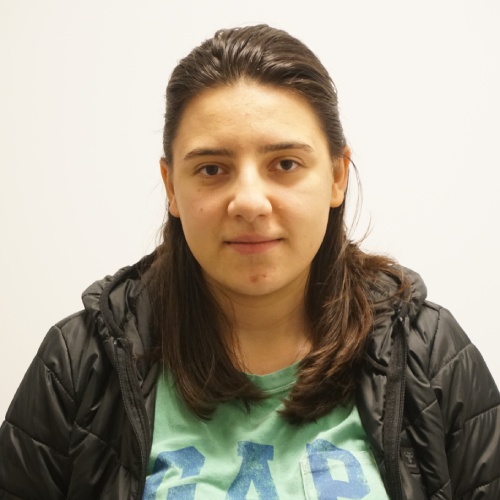
Fatıma Gülşen ÖZKAN KARAGÖZ
Undergraduate Student
fatima.karagoz@msfr.ibg.edu.tr
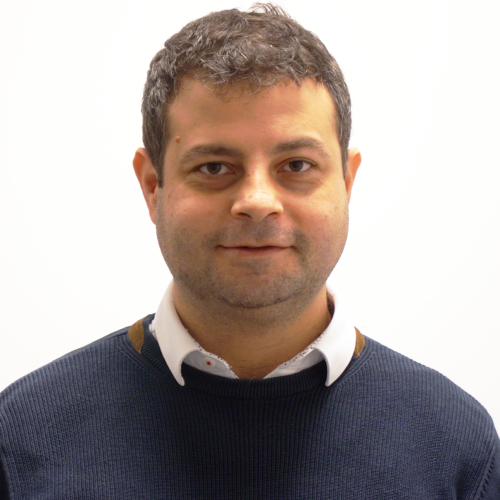
Doğuş ALTINTAŞ
Visiting Researcher
dogus.altintas@msfr.ibg.edu.tr
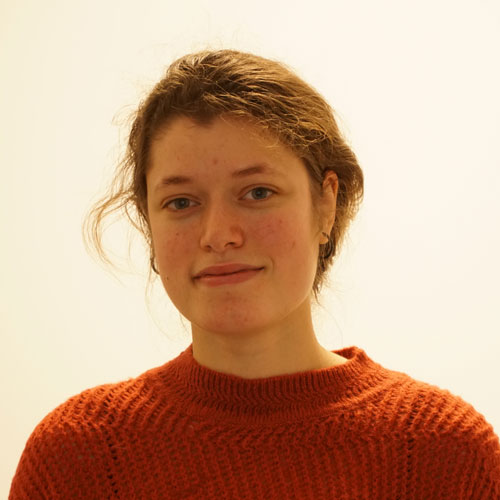
Zehranaz CAN
Undergraduate Student
zehranaz.can@msfr.ibg.edu.tr
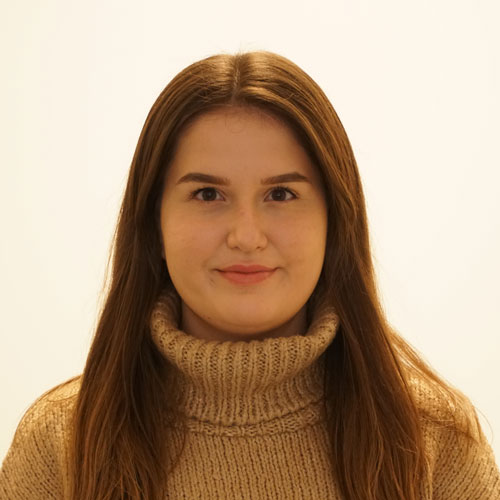
Gökçe CAN
Undergraduate Student
gokce.can@msfr.ibg.edu.tr

Emre Can BULUZ
Undergraduate Student
emrecan.buluz@msfr.ibg.edu.tr
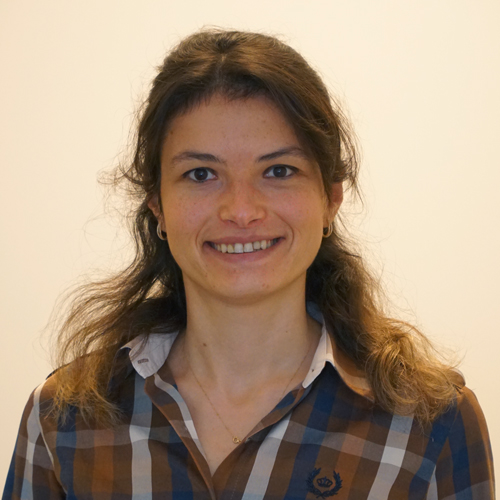
Gizem BATI AYAZ
Post-Doc Researcher
gizem.ayaz@ibg.edu.tr
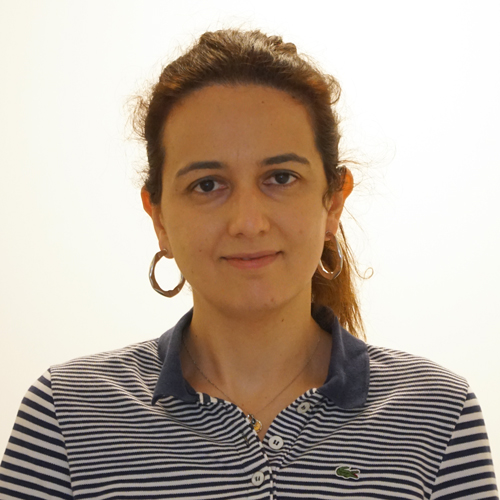
Burçin BARAN
Visiting Researcher
burcin.baran@msfr.ibg.edu.tr
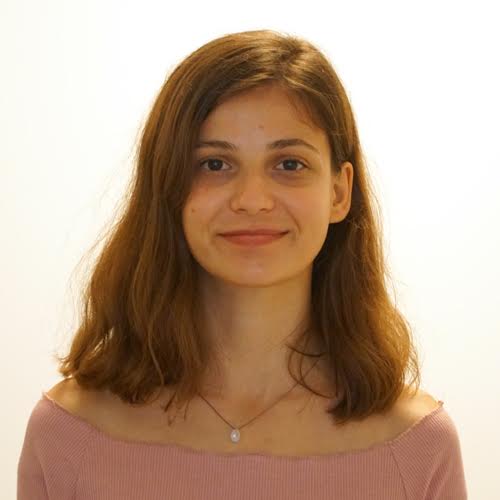
Feyza SAKIN
Undergraduate Student
feyza.sakin@ibg.edu.tr

Zeynep AVCİL
Post-Doc Researcher
zeynep.avcil@msfr.ibg.edu.tr

Seyhan İÇİER
MSc Student
seyhan.icier@ibg.edu.tr

BURCU SARIKAYA
Post-Doc Researcher
None

Işıl KILIÇGÜN
MSc Student
isil.kilicgun@ibg.edu.tr
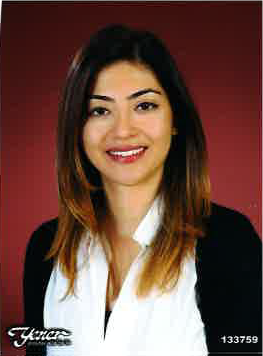
Gülhas SOLMAZ
Visiting Researcher
gulhas.solmaz@ibg.edu.tr
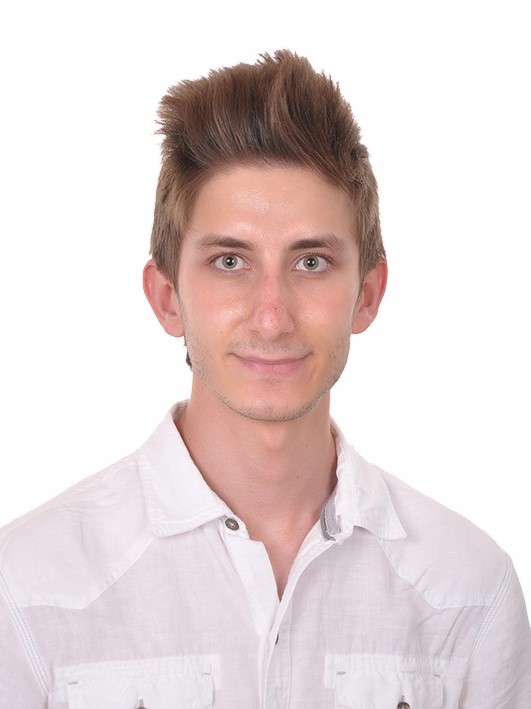
Halil ÇAVDAR
Undergraduate Student
halil.cavdar@ibg.edu.tr
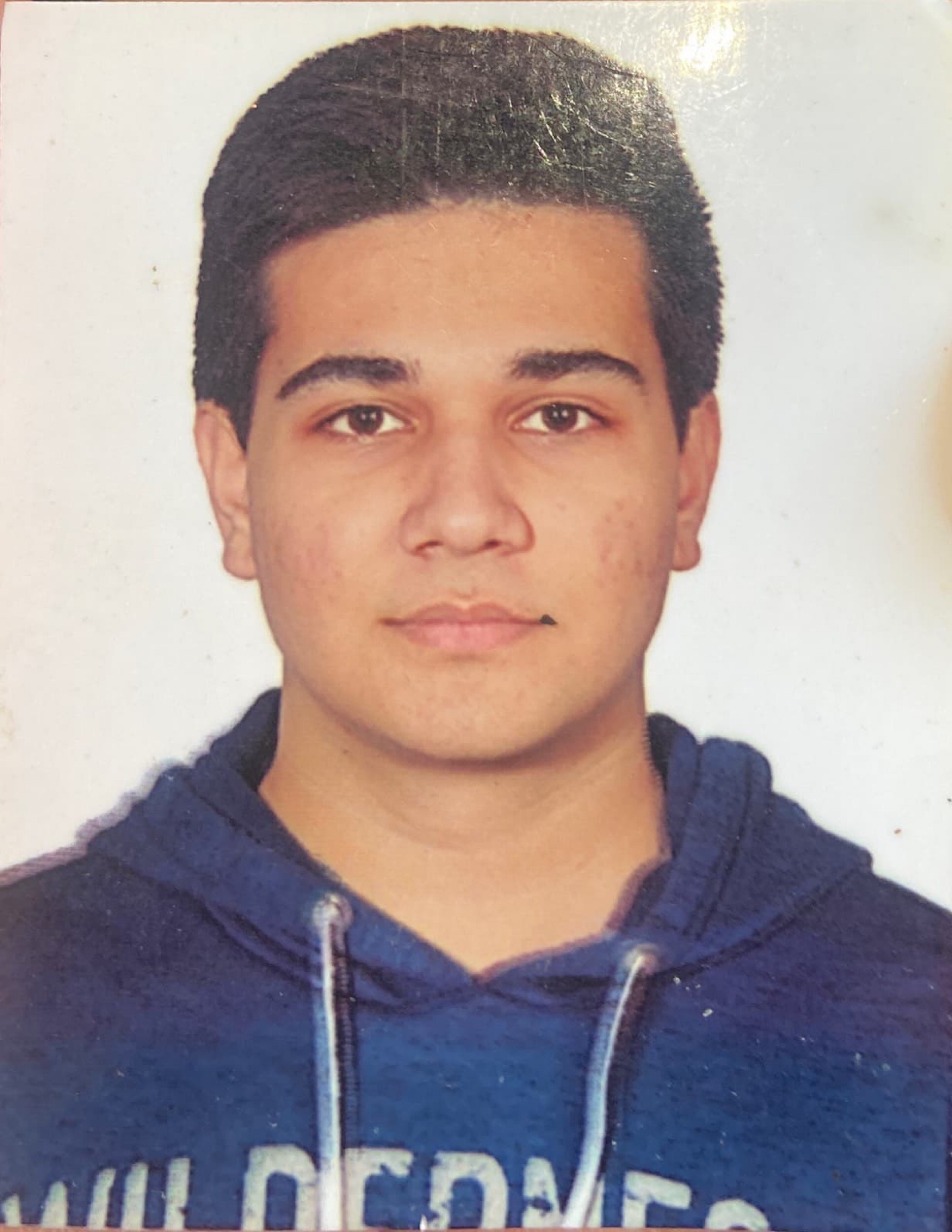
Ali ALCAN
Undergraduate Student
ali.alcan@ibg.edu.tr

Ezgi BAĞIRSAKÇI TEPE
Post-Doc Researcher
ezgi.bagirsakci@ibg.edu.tr
News
Please follow us on @atabeylab instagram and twitter accounts :)
Selected Publications
Peyda Korhan, Ezgi Bağırsakçı, Yasemin Öztemur Islakoğlu, Gülhas Solmaz, Burcu Sarıkaya, Deniz Nart, Funda Yılmaz, Neşe Atabey. MASLD-mimicking microenvironment drives an aggressive phenotype and represses IDH2 expression in hepatocellular carcinoma. Hepatoma Research. 2024 May . Download
Bagci G, Comez D, Topel H, Yilmaz Y, Bagirsakci E, Gunes A, Batı Ayaz G, Tahmaz I, Bilgen M, Solmaz G, Pesen Okvur D, Atabey N. c-Met activation promotes extravasation of hepatocellular carcinoma cells into 3D-cultured hepatocyte cells in lab-on-a-chip device.. Biochimica et biophysica acta. Molecular cell research. 2023 December ; 1870 (8) : 119557. doi:10.1016/j.bbamcr.2023.119557. Download
Demir AB, Baris E, Kaner UB, Alotaibi H, Atabey N, Koc A. Toll-interacting protein may affect doxorubicin resistance in hepatocellular carcinoma cell lines.. Molecular biology reports. 2023 August . doi:10.1007/s11033-023-08737-2. Download
Tüncel Ö, Kahraman E, Bağci G, Atabey N, Özçelik S. Engineered silica nanoparticles are biologically safe vehicles to deliver drugs or genes to liver cells.. Materials science & engineering. C, Materials for biological applications. 2021 February ; 119 : 111585. doi:10.1016/j.msec.2020.111585. Download
Akbari S, Kunter İ, Azbazdar Y, Ozhan G, Atabey N, Karagonlar ZF, Erdal E. LGR5/R-Spo1/Wnt3a axis promotes stemness and aggressive phenotype in hepatoblast-like hepatocellular carcinoma cell lines.. Cellular signalling. 2021 June : 109972. doi:10.1016/j.cellsig.2021.109972. Download
Topel H, Bağırsakçı E, Yılmaz Y, Güneş A, Bağcı G, Çömez D, Kahraman E, Korhan P, Atabey N. High glucose induced c-Met activation promotes aggressive phenotype and regulates expression of glucose metabolism genes in HCC cells.. Scientific Reports. 2021 May ; 11 (1) : 11376. doi:10.1038/s41598-021-89765-5. Download
Ekin U, Yuzugullu H, Ozen C, Korhan P, Bagirsakci E, Yilmaz F, Yuzugullu OG, Uzuner H, Alotaibi H, Kirmizibayrak PB, Atabey N, Karakülah G, Ozturk M. Evaluation of ATAD2 as a Potential Target in Hepatocellular Carcinoma.. Journal of gastrointestinal cancer. 2021 November . doi:10.1007/s12029-021-00732-9. Download
Korhan P, Tercan Avcı S, Yılmaz Y, Öztemur Islakoğlu Y, Atabey N. Role of Biobanks for Cancer Research and Precision Medicine in Hepatocellular Carcinoma.. Journal of gastrointestinal cancer. 2021 November . doi:10.1007/s12029-021-00759-y. Download
Karagonlar ZF, Akbari S, Karabicici M, Sahin E, Avci ST, Ersoy N, Ates KE, Balli T, Karacicek B, Kaplan KN, Celiker C, Atabey N, Erdal E. A Novel Function for KLF4 in Modulating the De-differentiation of EpCAM -/CD133 - nonStem Cells Into EpCAM +/CD133 + Liver Cancer Stem Cells in HCC Cell Line HuH7. Cells. 2020 May ; 9 (5) : 1198. doi:10.3390/cells9051198. Download
Keleş U, İşcan E, Yılmaz HE, Karakülah G, Suner A, Bal E, Taşdemir N, Cavga AD, Ekin U, Mutlu Z, Kahyaoğlu S, Serdar MA, Atabey N, Ozturk M. Differential expression of full length and N-terminally truncated FAM134B isoforms in normal physiology and cancer.. American journal of physiology. Gastrointestinal and liver physiology. 2020 December ; 319 (6) : G733-G747. doi:10.1152/ajpgi.00094.2020. Download
Topel H, Bagirsakci E, Comez D, Bagci G, Cakan-Akdogan G, Atabey N. lncRNA HOTAIR overexpression induced downregulation of c-Met signaling promotes hybrid epithelial/mesenchymal phenotype in hepatocellular carcinoma cells.. Cell communication and signaling : CCS. 2020 July ; 18 (1) : 110. doi:10.1186/s12964-020-00602-0. Download
Aysim Gunes, Ezgi Bagirsakci, Evin Iscan, Gulcin Cakan-Akdogan, Umut Aykutlu, Serif Senturk, Gunes Ozhan, Esra Erdal, Deniz Nart, Funda Yilmaz Barbet, Nese Atabey. Thioredoxin interacting protein promotes invasion in hepatocellular carcinoma. Oncotarget. 2018 ; 9 (96) : 36849-36866. doi:10.18632/oncotarget.26402. Download
Korhan P, Yılmaz Y, Bağırsakçı E, Güneş A, Topel H, Carr BI, Atabey N. Pleiotropic Effects of Heparins: From Clinical Applications to Molecular Mechanisms in Hepatocellular Carcinoma.. Canadian Journal of Gastroenterology and Hepatology. 2018 January ; 2018 : 7568742. doi:10.1155/2018/7568742. Download
. Role of Albumin in growth inhibition in Hepatocellular Carcinoma. Oncology. 2017 May ; 93 (2) : 136-142. doi:10.1159/000471807. Download
Yılmaz Y, Güneş A, Topel H, Atabey N. Signaling Pathways as Potential Therapeutic Targets in Hepatocarcinogenesis. J Gastrointest Cancer. 2017 September ; 48 (3) : 225-237. doi:10.1007/s12029-017-9958-1. Download
İşcan E, Güneş A, Korhan P, Yılmaz Y, Erdal E, Atabey N. The regulatory role of heparin on c-Met signaling in hepatocellular carcinoma cells. J Cell Commun Signal. 2017 June ; 11 (2) : 155-166. doi:10.1007/s12079-016-0368-0. Download
Firtina Karagonlar Z, Koç D, Şahin E, Avci ST, Yilmaz M, Atabey N, Erdal E. Effect of adipocyte-secreted factors on EpCAM+/CD133+ hepatic stem cell population.. Biochemical and biophysical research communications. 2016 January ; 474 (3) : 482-490. doi:10.1016/j.bbrc.2016.04.137. Download
Firtina Karagonlar Z, Koc D, Iscan E, Erdal E, Atabey N. Elevated hepatocyte growth factor expression as an autocrine c-Met activation mechanism in acquired resistance to sorafenib in hepatocellular carcinoma cells.. Cancer science. 2016 January ; 107 (4) : 407-16. doi:10.1111/cas.12891. Download
Yilmaz Y, Atabey N, Erdal E & Brian I. Carr. Platelets, Microenvironment and Hepatocellular Carcinoma. Biochemistry & Analytical Biochemistry. 2016 June ; 5 : 281. doi:10.4172/2161-1009.1000281. Download
Gunes A, Iscan E, Topel H, Avci ST, Gumustekin M, Erdal E, Atabey N. Heparin treatment increases thioredoxin interacting protein expression in hepatocellular carcinoma cells.. The international journal of biochemistry & cell biology. 2015 January ; 65 : 169-81. doi:10.1016/j.biocel.2015.05.025. Download
Korhan P, Erdal E, Kandemiş E, Cokaklı M, Nart D, Yılmaz F, Can A, Atabey N. Reciprocal activating crosstalk between c-Met and caveolin 1 promotes invasive phenotype in hepatocellular carcinoma.. PloS one. 2014 January ; 9 (8) : e105278. doi:10.1371/journal.pone.0105278. Download
Korhan P, Erdal E, Atabey N. MiR-181a-5p is downregulated in hepatocellular carcinoma and suppresses motility, invasion and branching-morphogenesis by directly targeting c-Met.. Biochemical and biophysical research communications. 2014 January ; 450 (4) : 1304-12. doi:10.1016/j.bbrc.2014.06.142. Download
Kunter I, Erdal E, Nart D, Yilmaz F, Karademir S, Sagol O, Atabey N. Active form of AKT controls cell proliferation and response to apoptosis in hepatocellular carcinoma.. Oncology reports. 2014 January ; 31 (2) : 573-80. doi:10.3892/or.2013.2932. Download
Bozkaya G, Korhan P, Cokaklı M, Erdal E, Sağol O, Karademir S, Korch C, Atabey N. Cooperative interaction of MUC1 with the HGF/c-Met pathway during hepatocarcinogenesis.. Molecular cancer. 2012 January ; 11 : 64. doi:10.1186/1476-4598-11-64. Download
Gumustekin M, Kargi A, Bulut G, Gozukizil A, Ulukus C, Oztop I, Atabey N. HGF/c-Met overexpressions, but not met mutation, correlates with progression of non-small cell lung cancer.. Pathology oncology research : POR. 2012 January ; 18 (2) : 209-18. doi:10.1007/s12253-011-9430-7. Download
Ozen E, Gozukizil A, Erdal E, Uren A, Bottaro DP, Atabey N. Heparin inhibits Hepatocyte Growth Factor induced motility and invasion of hepatocellular carcinoma cells through early growth response protein 1.. PloS one. 2012 January ; 7 (8) : e42717. doi:10.1371/journal.pone.0042717. Download
Cokakli M, Erdal E, Nart D, Yilmaz F, Sagol O, Kilic M, Karademir S, Atabey N. Differential expression of Caveolin-1 in hepatocellular carcinoma: correlation with differentiation state, motility and invasion.. BMC cancer. 2009 January ; 9 : 65. doi:10.1186/1471-2407-9-65. Download
Total : 27
Selected Book Chapters
Targeting c-Met and AXL Crosstalk for the Treatment of Hepatocellular Carcinoma (2021). Liver Cancer in the Middle East. Springer.
Molecular Mechanisms of Hepatocellular Carcinoma (2016). Hepatocellular Carcinoma: Diagnosis and Treatment, 3rd Edition. Springer.
Total : 2
Selected Proceedings
. 2023, 'Caveolin-1 as a modulator of sorafenib resistance in Hepatocellular Carcinoma', EACR-29, Italy, Turin, June 12, 2023 .
. 2023, 'miR-181a-5p/GLS axis: a potential biomarker for sorafenib response in Hepatocellular Carcinoma', EACR-29, Italy, Turin, June 12, 2023 .
Burcu Kaplan Türköz 2023, 'Deciphering the Mechanisms Contributing to the Role of Neddylated c-Met on the Response of Neddylation Inhibitor MLN4924 Treatment in Liver Cancer', EACR-29, Italy, Turin, June 12, 2023 .
. 2023, 'Profiling of the olfactory receptor family expression in colon carcinoma by using in silico approaches', EACR-29, Italy, Turin, June 12, 2023 .
Y. Oztemur Islakoglu, P. Korhan, E. Bagirsakci, A. Arıbas, G. Karakulah, N. Atabey 2022, 'A new tool for investigating biomarker of hepatocellularcarcinoma diagnosis and prognosis: Fusion transcripts', EACR-28, Seville, Spain, June 20, 2022 .
P. Korhan, E. Bağırsakçı, Y. Öztemur Islakoğlu, M. Başol, E. Gelinci, G. Çakan, N. Atabey 2022, 'Determination of a molecular signature to predict organ-specific metastasis using HCC model', EACR-28, Seville, Spain, June 20, 2022 .
E. Bagirsakci, P. Korhan, Y. Oztemur Islakoglu, M. Basol, E. Gelinci, M. Karatas, G. Cakan-Akdogan, N. Atabey 2022, 'Mimicking liver microenvironment employing three-dimensional in vitro and in vivo zebrafish models', EACR-28, Seville, Spain, June 20, 2022 .
Yeliz Yılmaz, Neşe Atabey 2022, 'The role of c-Met inhibition in overcoming insulin receptor mediated tyrosine kinase activation in liver cancer', 4th Cell Symposia: Metabolites in Signaling and Disease, Lisbon, Portugal, April 3, 2022 .
Y. Yilmaz, B. Guloglu, N. Atabey 2022, 'Sensitizing Liver Cancer Cells to c-Met Inhibitors viaTargeting Neddylation', EACR-28, Seville, Spain, June 20, 2022 .
Mustafa Karataş, Yasemin Öztemur Islakoğlu*, Peyda Korhan, Ezgi Bağırsakçı, Neşe Atabey 2021, 'Comparing Gene Expression Patterns of in-vivo Animal Models of Non-alcoholic Steatohepatitis and Human Samples by Bioinformatic Approaches', Bioinformatics in Cancer Virtual Event, Virtual Event, Worldwide, May 18, 2021 .
Total : 10
Projects
The Scientific and Technological Research Council of Turkey - TUBITAK - RD : A New Lab-on-a-Chip Device for Early Diagnosis of Metastasis, Finished
The Scientific and Technological Research Council of Turkey - TUBITAK - RD : Molecular Mechanisms of High Glucose Induced Hepatocellular Carcinoma Progression: c-Met Activation and Potential Players Thioredoxin Interacting Protein, Sestrin2 and lncRNA HOTAIR, Finished
The Scientific and Technological Research Council of Turkey - TUBITAK - RD : The Role of Caveolin-1 on Sorafenib Resistance in Hepatocellular Carcinoma, Finished
The Scientific and Technological Research Council of Turkey - TUBITAK - RD : Interaction of Spesific Insulin Receptor Isoforms with c-Met: Mechanisms and Contributing Roles in the Progression of Hepatocellular Carcinoma, Ongoing
The Scientific and Technological Research Council of Turkey - TUBITAK - RD : Investigation of the role of HGF/c-Met Pathway in tumor microenvironment during the progression of liver metastasis, Ongoing
Awards
- Meeting Bursary Award (Yeliz Yılmaz) by EACR, 2023
- Meeting Bursary Award (Peyda Korhan) by EACR, 2023
- Meeting Bursary Award (Yeliz Yılmaz) by EACR, 2022
- Oral Presentation Award (Dehan Çömez) by 4. Çukurova Hepatoselüler Karsinoma Kongresi, 2020
- Conference attendance fellowship award for young researcher oral presentation (Yasemin Öztemur Islakoğlu) by 16. Tıbbi Biyoloji ve Genetik Kongresi, 2019
- Conference attendance fellowship award for young researcher oral presentation (Peyda Korhan) by 16. Tıbbi Biyoloji ve Genetik Kongresi, 2019
- Young researcher award, 3rd (Peyda Korhan) by 16. Tıbbi Biyoloji ve Genetik Kongresi, 2019
- Oral Presentation Award (Ezgi Bağırsakçı) by Antalya Onkolojide İz Bırakanlar Zirvesi, 2019
- Best Oral Presentation (Yeliz Yılmaz) by 1st International Multidisciplinary Cancer Research Congress, 2019
- Best Oral Presentation Award by 2nd Çukurova HCC Symposium, 2018
- Travel Award - From Molecules to Cells and Back (Hande Topel) by 42nd FEBS Congress, 2017
- Travel Award - Advanced Lecture Course on Oncometabolism (for Hande Topel, Yeliz Yılmaz and Ayşim Gunes) by FEBS, 2017
- Training Fellowship-2 months (Yeliz Yılmaz) by EACR, 2017
- Young Investigator Award (Ayşim Gunes) by Medical Biology and Genetics Organization, 2017
- Travel Award for EMBO Workshop on Metabolic Disorders and Liver Cancer (for Aysim Guneş and Yeliz Yılmaz) by EMBO, 2017
- Short Term Fellowship - Hande Topel, PhD Student by EMBO, 2017
- Above-Threshold Award by TUBITAK, 2017
- Altan Günalp Araştırma Ödülü by Tıbbi Biyoloji ve Genetik Kongresi, 2013
Contact

Atabey Lab. on Cancer Biology and Signaling
Research Group Leader
Neşe ATABEY
nese.atabey@ibg.edu.tr
+90 232 299 41 00
(5221)
+9
0232 299 41 72